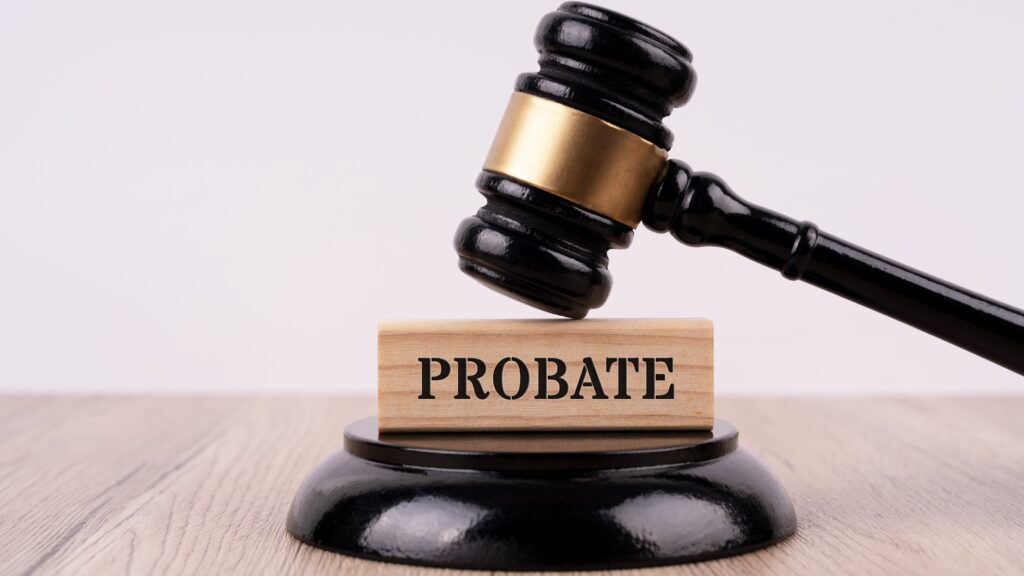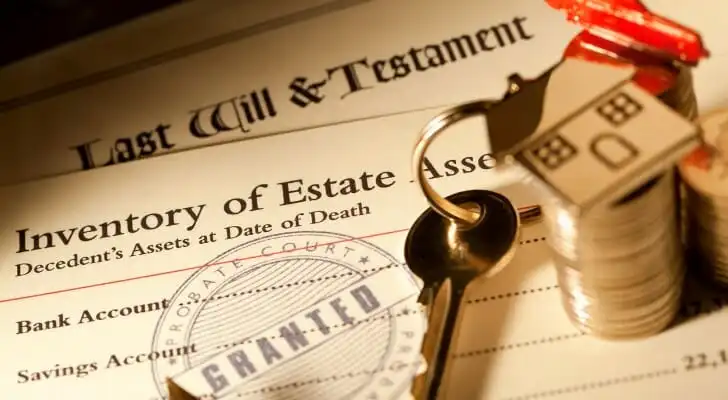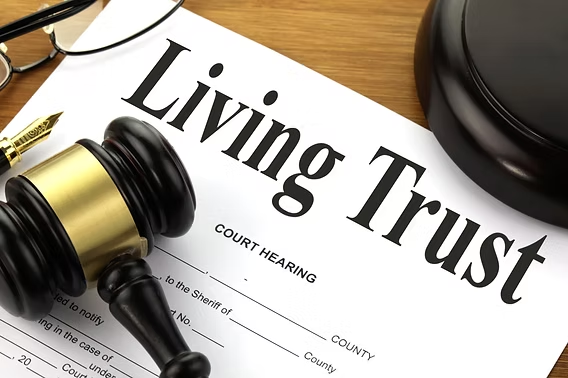When it comes to real estate with development potential, navigating the probate process in Texas can be particularly challenging. Whether you’re an heir, executor, or investor, understanding the complexities of probate for such properties is crucial. This guide will walk you through the essential aspects of dealing with real estate in probate, especially when it holds significant development value.
Understanding Probate and Development Potential
Probate Explained
Probate is the legal process through which a deceased person’s estate is administered and distributed. In Texas, this involves validating the deceased’s will, settling debts, and distributing assets to heirs or beneficiaries. For real estate, probate ensures that the property is properly transferred to its new owner, which can involve various legal and administrative steps.
Development Potential Defined

Real estate with development potential refers to properties that can be enhanced or transformed for future use, such as residential, commercial, or mixed-use developments. These properties often hold considerable value due to their location, size, or zoning classifications, making them highly attractive for investment or redevelopment.
The Probate Process for Real Estate
1. Initiating the Probate Process
The first step in dealing with real estate in probate is initiating the process by filing a petition in the probate court of the county where the deceased resided. The court will then validate the will (if there is one) and appoint an executor or administrator to manage the estate.
2. Identifying and Valuing the Property
Once probate is underway, the next task is to identify all the properties in the deceased’s estate. For real estate with development potential, this step involves more than just locating the property; it also requires a thorough valuation. Engage a real estate appraiser with experience in development properties to assess the market value and potential of the property.
3. Addressing Outstanding Debts and Liens

Before the property can be transferred, any outstanding debts or liens must be settled. This includes mortgages, property taxes, and other financial obligations. In some cases, the property may need to be sold to pay off these debts, which can complicate matters if the property is also a prime candidate for development.
4. Resolving Legal and Zoning Issues
For properties with development potential, legal and zoning issues are paramount. Ensure that the property complies with local zoning laws and land use regulations. If there are any legal disputes or unresolved zoning issues, these must be addressed before proceeding with development plans.
Managing Real Estate with Development Potential During Probate
1. Preserving Property Value
While the probate process is ongoing, it is crucial to preserve the property’s value. This may involve regular maintenance, securing the property, and ensuring that it remains in good condition. Neglecting the property can lead to depreciation and reduce its potential value.
2. Considering Property Management
If the property is to be held for an extended period during probate, consider hiring a property management company. This can help maintain the property, manage tenant relations (if applicable), and oversee any necessary repairs or improvements.
3. Planning for Development
For properties with significant development potential, it is essential to start planning early. This includes working with architects, engineers, and developers to create a viable development plan. However, this should be done cautiously, as major decisions and investments should only be made once the probate process is further along or completed.
Selling Real Estate with Development Potential
1. Preparing the Property for Sale
If selling the property is the chosen route, preparing it for sale involves several steps. This includes addressing any legal or zoning issues, ensuring that the property is in good condition, and staging it for potential buyers. A real estate agent with experience in development properties can be invaluable in this process.
2. Marketing and Selling

Marketing a property with development potential requires a targeted approach. Highlight the property’s potential uses, location advantages, and any pre-approved plans or permits. Work with a real estate agent who has a network of potential buyers interested in development opportunities.
3. Navigating the Sale Process
The sale of a property in probate involves additional steps compared to a standard sale. This includes obtaining court approval for the sale, especially if the property is sold for less than its appraised value or if there are multiple heirs. The probate court must review and approve the sale to ensure it is in the best interest of the estate and its beneficiaries.
Tax Implications and Estate Planning
1. Understanding Tax Implications
The sale of real estate in probate can have tax implications, including capital gains taxes and estate taxes. It is essential to consult with a tax professional who can provide guidance on these matters and help plan for any potential tax liabilities.
2. Estate Planning for Future Development
If you are managing an estate with significant development potential, consider long-term estate planning strategies. This might include setting up trusts, creating development plans, or exploring ways to optimize the property’s value for future generations.
Real-Life Scenarios and Lessons Learned
1. The Case of the Family Farm
Consider the case of the Smith family farm, which held substantial development potential due to its location near a growing city. During probate, the family faced challenges with zoning issues and debt management. By working closely with legal and real estate professionals, they were able to address these issues, secure a favorable zoning change, and eventually sell the property for a significant profit.
2. The Urban Redevelopment Project
In another example, the Johnson estate included a downtown property with high development potential. The probate process involved extensive legal and zoning work, but the estate’s executor strategically planned for redevelopment, resulting in a successful project that maximized the property’s value and benefited the heirs.
Conclusion: Navigating the Complexities of Probate for Development Properties
Handling real estate with development potential during probate in Texas requires careful planning, strategic management, and a thorough understanding of both probate and development processes. By addressing legal, financial, and zoning issues proactively, you can navigate the complexities of probate and unlock the full potential of valuable real estate.
Whether you are an executor, heir, or investor, being informed and prepared will help you make the best decisions and ensure that the property is managed and developed effectively. With the right approach and professional guidance, you can turn the challenges of probate into opportunities for growth and success.








